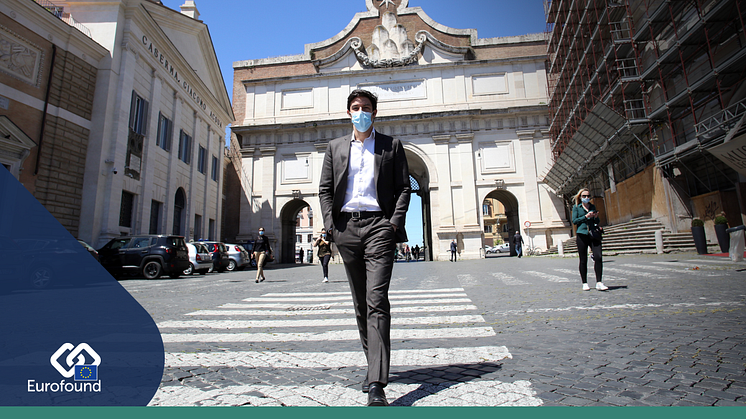Living and working in Europe: A compendium of life before the Coronavirus
The latest Living and working in Europe yearbook provides a snapshot of life and work in Europe before the onset of the Coronavirus (COVID-19).
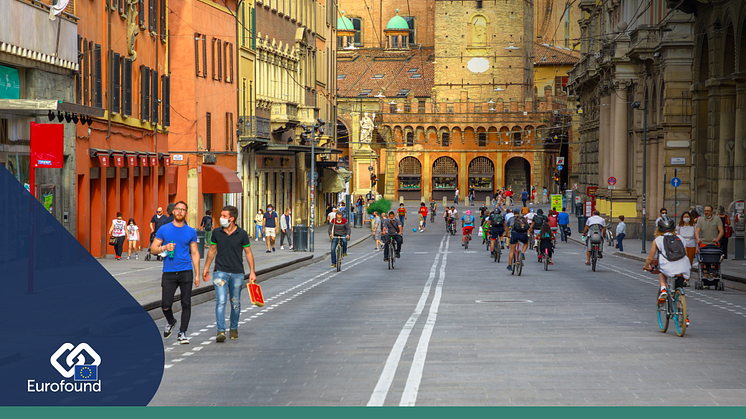
The latest Living and working in Europe yearbook provides a snapshot of life and work in Europe before the onset of the Coronavirus (COVID-19).

One in five people (21%) in Sweden report a worsening of their financial situation during the COVID-19 crisis, and a similar proportion (22%) believe their situation will deteriorate over the next three months, according to Eurofound’s Living, Working and COVID-19 survey.

Join us on 10 June for a live #AskTheExpert webinar and Q&A with @MascheriniM and @MaryMcCaugheyEF about #COVID19SurveyEU findings to discuss why particular groups of people are feeling the impact more than others and explore the policy options to help address these challenges.
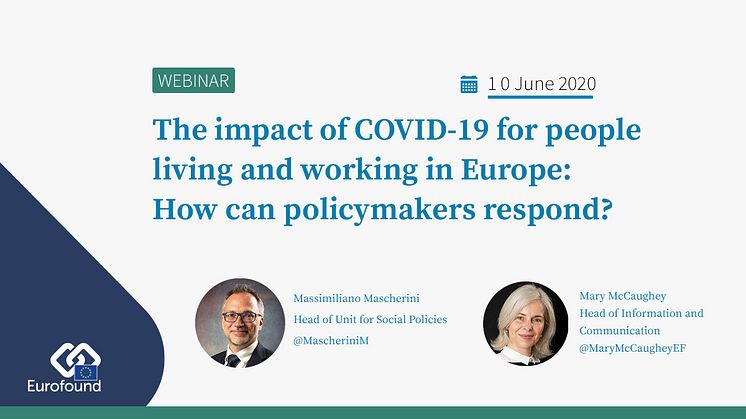
First findings from Eurofound's Living, working and COVID-19 online survey provide early indications that people in Denmark have been some of the least impacted by the COVID-19 crisis. The pan-European survey reveals that respondents in Denmark report some of the lowest levels of job loss and financial insecurity in the EU.
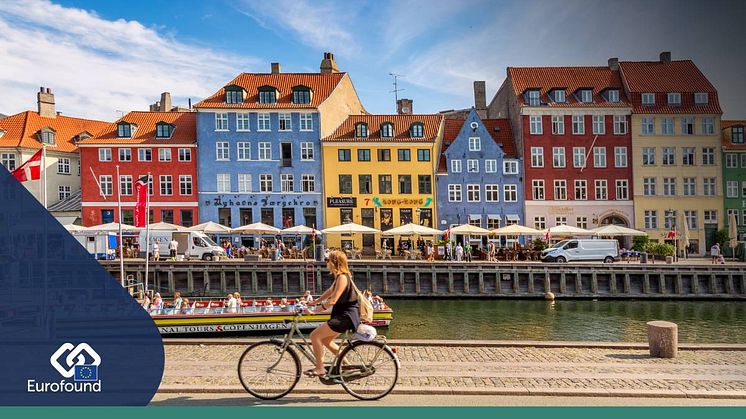
Statutory minimum wages were raised in most EU countries for 2020 – in many even substantially, such as in Poland 17%, Slovakia 12%, and Czechia 11% - according to Eurofound’s ‘Minimum wages in 2020: Annual review’ published today.

Eurofound’s recent research shows that COVID-19 has placed further strain on the Italian labour market and places people across the country in greater financial insecurity.

First findings from Eurofound's Living, working and COVID-19 online survey show that, despite comparatively high overall levels of life satisfaction and optimism in Ireland, women aged 18-34 in the country report being the loneliest in the EU. The first wave of Eurofound’s survey was carried out in April, with 85,000 participants – 16,599 of which were aged 18-34.
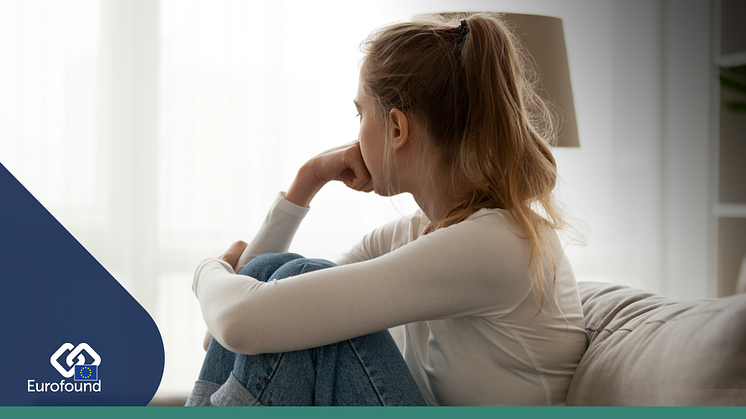
People in the EU aged 18-34 report being more likely to feel depressed, lonely, and anxious than those aged 35 and over. They also indicate lower levels of resilience in dealing with problems in life.
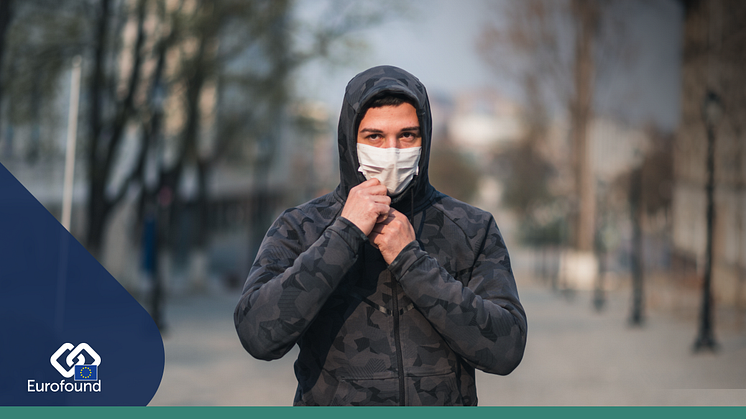
Eurofound has this week launched COVID-19 EU PolicyWatch, a database collating and mapping the policy responses introduced in Member States, along with the UK and Norway, to alleviate the social and economic impact of COVID-19 restrictions.

Nearly half of people surveyed in Spain report that their financial situation is worse now than three months ago, and a similar proportion expect the situation to get worse in the future. Spain also reports above EU average job loss as a result of the Coronavirus (COVID-19) pandemic.

Trust in Slovakian national government on a par with EU average during COVID-19 crisis.

People in Italy reported both the third lowest optimism for the future, and fourth lowest mental well-being, in the EU in Eurofound’s Living, working and COVID-19 online survey. The survey amassed over 85,000 responses in April, including 2,676 from Italy.
